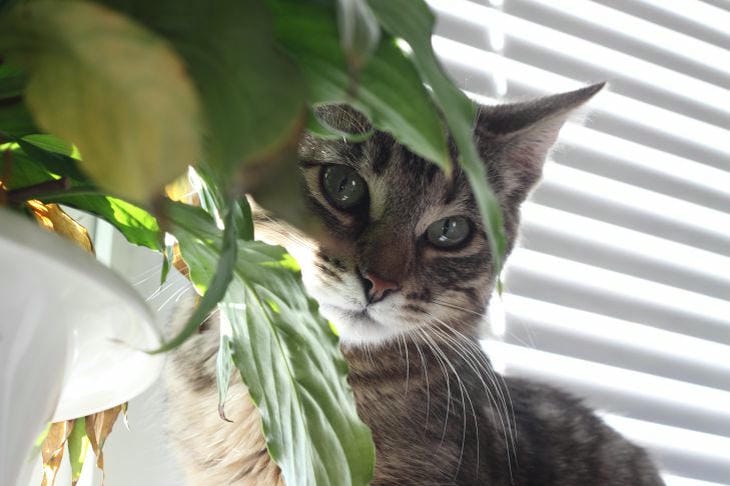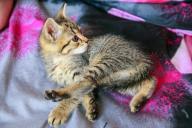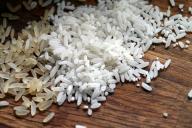Many cat owners like to treat their pets with pieces of food from their table, not always realizing that some products can be dangerous to their health.
Let's look at 10 foods that should absolutely not be given to cats.
Chocolate
Chocolate contains theobromine, a substance that is toxic to cats. Theobromine can cause vomiting, diarrhea, tachycardia (rapid heartbeat), tremors, and even seizures in cats. Dark chocolate and cocoa powder are especially dangerous for cats, as they contain more theobromine.

Symptoms of poisoning may appear several hours after consumption, and if poisoning is suspected, you should contact your veterinarian immediately.
Onions and garlic
Onions and garlic, both fresh and cooked, contain substances that can destroy red blood cells in cats.
This can lead to anemia, which can cause symptoms such as weakness, pale mucous membranes, and rapid breathing. Even small amounts of onion or garlic can be dangerous, so it is best to avoid adding these products to your cat's food.
Dairy products
Many cats are lactose intolerant, which means their bodies are unable to digest milk sugar (lactose).
Drinking milk or dairy products can cause diarrhea and abdominal pain in cats. Although cats can occasionally drink milk without any apparent ill effects, this is not recommended as most cats do not have the enzymes to digest lactose.
Avocado
Avocados contain persin, a substance that can cause vomiting and diarrhea in cats.
Although persin is not toxic enough to cause serious poisoning in small amounts, it is best to avoid feeding avocado to cats. Additionally, the avocado pit can pose a choking hazard.
Caffeine
Caffeine, found in coffee, tea and some soft drinks, is a stimulant that can cause cats to become hyperactive, tremble, breathe quickly and have a rapid heartbeat.
Cats cannot metabolize caffeine as efficiently as humans, making it especially dangerous for them. Even small amounts of caffeine can cause problems, so you should avoid offering these drinks to your pets.
Raw eggs, meat and fish
Raw eggs may contain bacteria such as salmonella or E. coli, which can cause food poisoning in cats.
Additionally, raw eggs contain avidin, which binds to biotin and can lead to a deficiency of this vitamin.
Raw meat and fish can also contain harmful bacteria and parasites that can cause gastrointestinal upset and other problems in cats.
Alcohol
Alcohol is extremely toxic to cats. Even small amounts can cause vomiting, diarrhea, loss of coordination, difficulty breathing, and, in extreme cases, coma.
Alcohol can also affect a cat's central nervous system, making it an extremely dangerous product for your pet.
Nuts
Some types of nuts, such as walnuts and macadamia nuts, can be harmful to cats. They can cause vomiting, diarrhea, weakness, and even shaking.
Nuts contain substances that are difficult to digest and can disrupt the digestion of cats, as well as have a toxic effect.
Salt
Excessive amounts of salt can cause increased thirst, urination, and even poisoning in cats.
Salt can disrupt the fluid balance in your cat's body, which can lead to serious health problems such as kidney failure and high blood pressure. Try to avoid adding salt to your cat's food and don't give her salty snacks.
Xylitol
Xylitol, an artificial sweetener often used in chewing gum and low-calorie foods, can cause cats to experience a sudden drop in blood sugar, which can lead to hypoglycemia.
Symptoms of hypoglycemia include vomiting, loss of coordination, seizures, and even coma. Xylitol is extremely toxic to cats and should be avoided in any products available to your pet.
Caring for your cat's health and well-being involves not only proper nutrition, but also being aware of the potential dangers associated with different foods.
Knowing what not to feed your pet can help prevent many health problems and ensure your pet lives a long, happy life.
If you have any concerns about certain foods, it's always best to consult with your veterinarian to ensure your cat is only getting safe and healthy treats.








